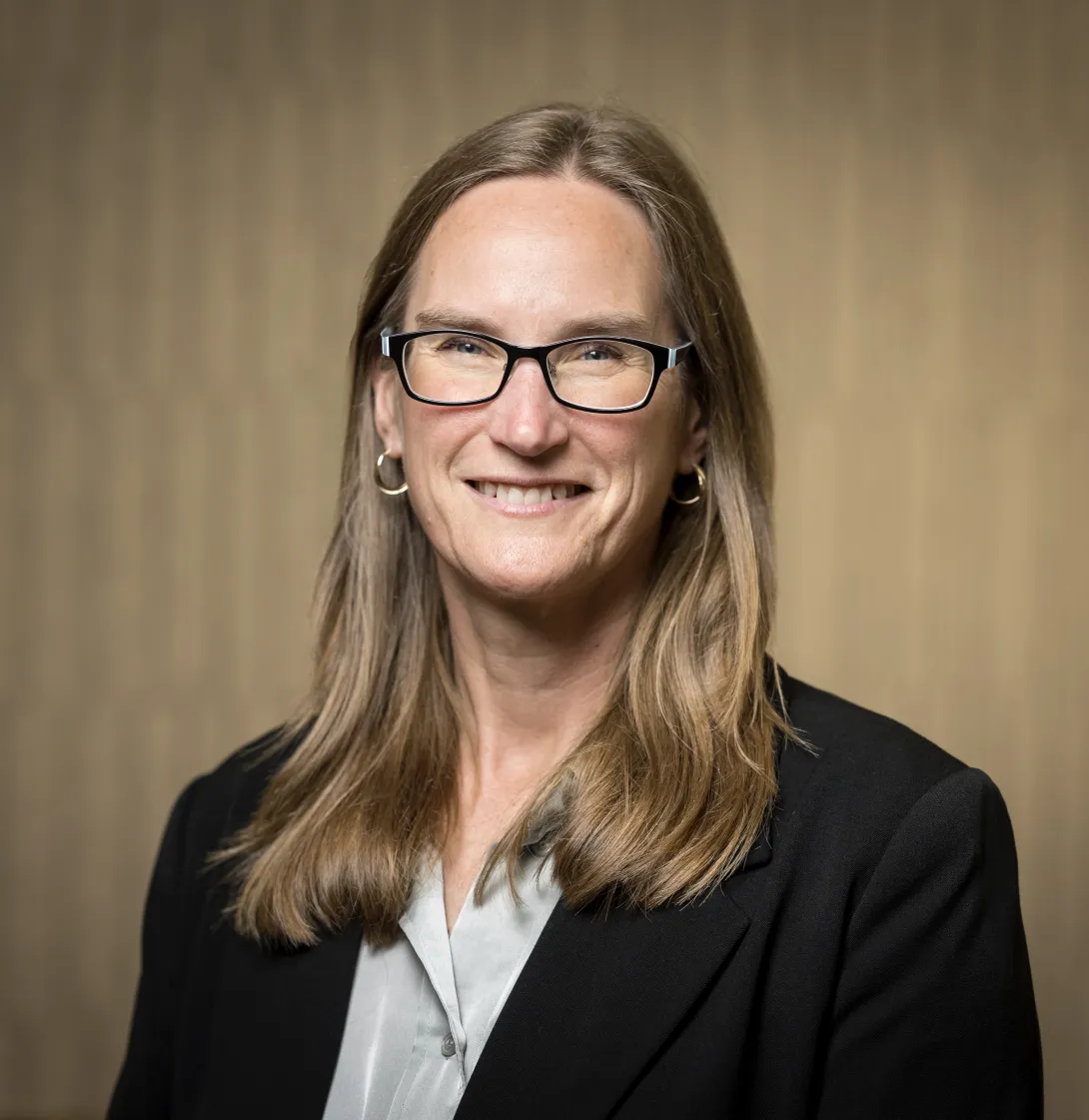Overview
Biography
Nationally recognized for her work in AI-responsive pedagogy, Inara is an innovative academic leader dedicated to building student success and increasing impact across higher education. As Associate Dean for Teaching and Learning at Oregon State University's College of Business, Inara works to build responsive, relevant, and engaged classrooms committed to active and inclusive pedagogies. In her academic research, she investigates the intersection of sustainability and capitalism, particularly through an interrogation of the role of law in shaping capitalism and democratic structures.
Career Interests
Inara Scott practiced law for over a decade before joining the faculty at Oregon State University. Inara’s research at Oregon State centers on sustainable business, clean energy, and legal and policy implications of capitalism and climate change. In her administrative roles for the College of Business, she has served as the Associate Dean for Teaching and Learning Excellence, the College Hearing Officer, and is currently serving as Senior Associate Dean. She studies and writes on pedagogy in higher education and inclusive teaching, and has been nationally recognized for her work in the area of AI-responsive pedagogy.
Background
Education
JD, Lewis and Clark Law School (2000), Summa Cum Laude, Notes and Comments Editor, Environmental Law
MS, Recreation and Leisure Studies, State University of New York at Cortland (1998)
BA, History and Women's Studies, Duke University (1994), Summa Cum Laude, Phi Beta Kappa
Experience
Manager, Rates and Regulatory Affairs, NW Natural (2007-2010) Represented utility in complex negotiations and proceedings before the Oregon and Washington Public Utility Commissions, including resource acquisition and integrated resource planning.
Assistant General Counsel, Portland General Electric (2005-2007) Represented utility in proceedings before Oregon Public Utility Commission and Federal Energy Regulatory Commission, complex rulemaking proceedings implementing utility tax measures, and negotiating transactional agreements for gas pipelines.
Associate, Ater Wynne LLP (2001-2005) Practiced commercial, business, and energy law. Advised people’s utility districts, investor-owned utilities, and cooperatives on regulatory compliance, including FERC hydropower licensing and compliance, and contracts with the Bonneville Power Administration.
Additional Information
Looking for a good book? If you're interested in energy policy, business and sustainability or social change, you can find Inara's recommendations, and what's on her bedside table, on Goodreads: https://www.goodreads.com/user/show/39084601-inara-scott
